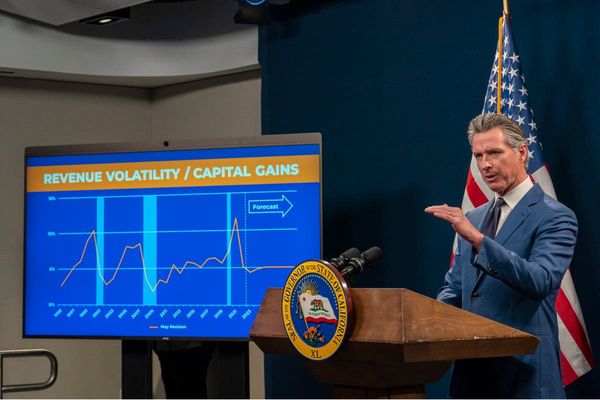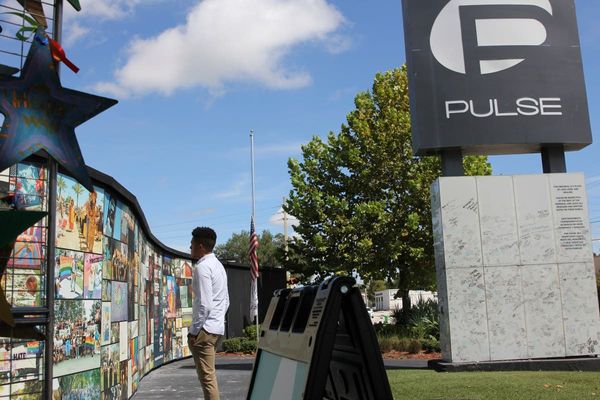
When I look back at my teenage years, I remember being hungry. In the tangle of GCSE exam panic, awkward adolescence, angst and first love, I decided I had to take charge of my life in the only way I knew I properly could. At 16, I made the very active decision to stop eating. Lunchtimes stretched out into blank space. Before going to restaurants, I compulsively checked menus in search of the smallest thing I could stomach and still go unnoticed. Calories listed on the back of food packets demanded attention. Numbers, values and sums swarmed and swamped my head. Food was an all-consuming obsession, but I was empty.
The desire to avoid eating informed almost every decision I made. I came late to dinner plans, parroting that “I wasn’t that hungry” or that “I’d eaten at home”. I’d shamefully tip full plates of food into the bin, pretending I hadn’t let any go to waste. But however hard I pushed myself to skip snacks or adjust the levels of what I was allowed – and not allowed – to eat, my struggle was an internal, quiet and solitary one.
All of it was shrouded in secrecy because I worked hard to keep up appearances. Everything had to seem normal. Like so many people who have disordered eating patterns, I desperately wanted to keep up appearances – even if this is not usually considered a main feature of the illness.
So, for me, the most recent series of the LGBTQ+, coming of age, romantic comedy Heartstopper – adapted from the graphic novel by Alice Oseman – is revolutionary. In the second series of the Netflix show, we watch Charlie support his boyfriend, Nick, on his coming-out journey. But as his classmates become progressively more interested in their relationship, the attention and stress starts to weigh heavily on Charlie, reminding him of his earlier experiences of being bullied at school.
It starts with little things. He lies about having already eaten and opts for cups of tea over full meals. Then, he turns down ice-cream and eats barely anything on a school trip to France, before eventually fainting. Charlie is eager not to highlight his avoidance of food, repeatedly saying that he is the happiest he has ever been in his new relationship. Although Nick notices that he tends not to eat very much, Charlie’s struggles are largely kept private.
At my all-girls school, extreme dieting and restrictions were not exactly uncommon. My peers wrote down the calories they consumed each day on the backs of their hands in tiny scribble – wearing the lower numbers like a prize. Together, we would decide not to eat for 12 hours, just to see who could complete the challenge. But, though there were endless signs that many of us were inwardly torturing ourselves, I don’t recall ever having a conversation about why so many of us turned to using food as a form of self-harm.
Keeping our problems as ours was the comfortable norm. But this was quite different from the depictions of disordered eating that were sold to us on screen. At the time, many of us had been drawn in by the glorious hedonism of the 00s show, Skins. But Cassie, a character with anorexia nervosa, was outspoken about her eating disorder in a way that felt alien to me. “I didn’t eat for three days so I could be lovely,” she announces in one scene – the idea of admitting the specifics of my own eating patterns would have filled the teenage me with dread.
The portrayal of eating disorders hasn’t got much better in the years since. The 2017 drama, To The Bone, was slammed for romanticising weight loss and encouraging its lead star, Lily Collins, to lose enough weight to look skeletal. The film focuses its voyeuristic attention on food, but the reasons someone might decide to come close to starving themselves are barely mentioned.
If I think about what caused my initial impulse to diet so severely, it isn’t anything to do with food at all. It’s not even a feeling of general unhappiness. It was a total inability to talk about my emotions. I was lucky – I could still function and find joy in other parts of my life. But, I never knew how to ignore the nagging voice that latched on to me, telling me not to eat this or that and to push down my feelings.
In Heartstopper, at least on the surface, Charlie’s life looks great. He’s got good friends, a solid family and the dream boy. But underneath it all, he still longs to feel secure and can’t verbalise his past traumas. “It [food] feels like the only thing I can control in my life,” he eventually says to Nick – and I get it.
Even now, in times of distress, break-ups or high-pressured situations at work, my instinct is to regulate my diet. I find it easier to cut out whole food groups and lean into something I know I have absolute power over than to properly process my emotions. The years of torture I put my body through have left a brutal stain.
Instead of glorifying and glamourising eating disorders, Heartstopper leans into the subtle, destructive reality. It shows how they creep up on you, crawl into your every day and suck the life out of things that were once easy. It notes their force and omnipresence, but also how so much about actually living with them can be left unsaid.
One of the most powerful lessons of Heartstopper is that talking helps. Yes, we’ve all heard it, but when Charlie eventually opens up to Nick about his problems with food he looks visibly lighter. The years I spent concealing my strict dietary regimes made me feel dreadful, but the few times I did open up to close friends I was touched by their genuine care and lack of judgment. Television has almost always failed to write about eating disorders without stereotypes and as something entirely rooted in despair, but Heartstopper shows that with the right people around you, things can get better.
• In the UK, Beat can be contacted on 0808-801-0677. In the US, help is available at nationaleatingdisorders.org or by calling ANAD’s eating disorders hotline at 800-375-7767. In Australia, the Butterfly Foundation is at 1800 33 4673. Other international helplines can be found at Eating Disorder Hope







